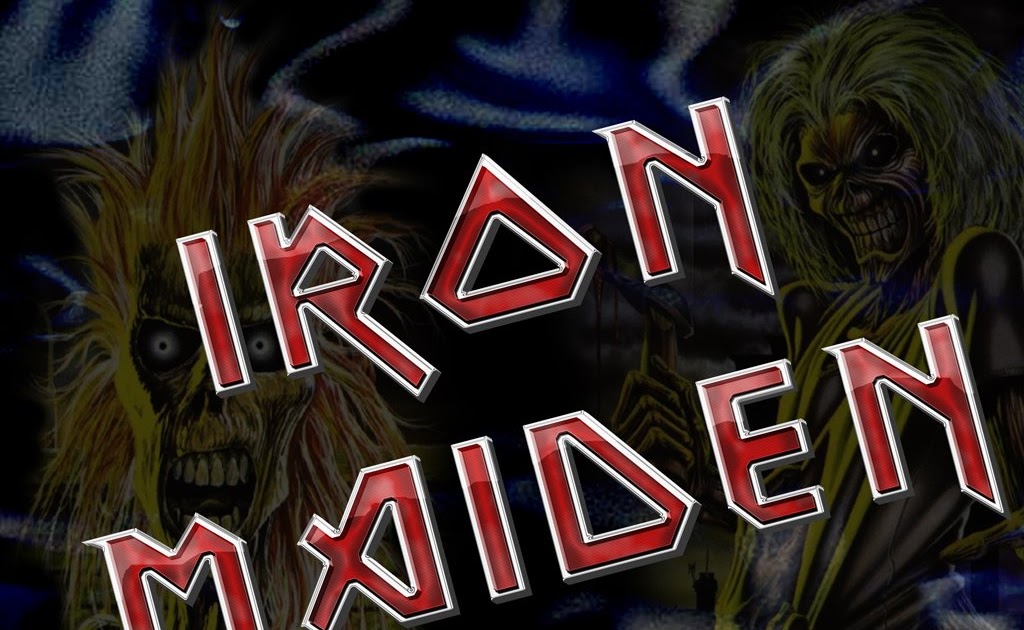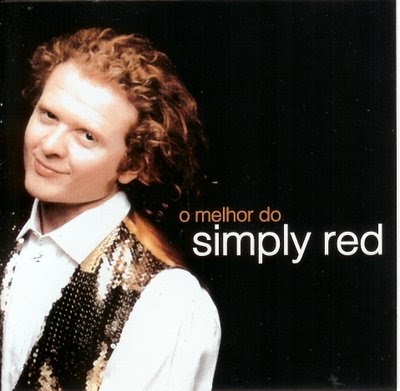

In 1988, Harvey joined Automatic Dlamini, the Bristol-based project of John Parish. As a child, she learned how to play guitar and saxophone, and when she was a teenager, she played in a variety of bands. Harvey grew up on a sheep farm in Yeovil, England, where she was raised by her quarryman father and her artist mother.

As the 2010s became the 2020s, her scoring work and archival reissues added further depth to her impressive body of work. Harvey continually shifted gears as the years passed, moving from the ghostly Victoriana of 2007's White Chalk to the moody social commentary of 2011's Let England Shake (an album that made her the only artist to win a second Mercury Prize) and 2016's The Hope Six Demolition Project.

Her 2001 album, Stories from the City, Stories from the Sea, featured a heady mix of trip-hop, guitar rock, and troubadourism, earning her the prestigious Mercury Prize. Over time, however, Harvey's music became more nuanced and eclectic. At the outset, she led the trio PJ Harvey, who delivered her stark songs with bruisingly powerful, punk-like abandon, as on 1993's Rid of Me. Over the course of her career, Harvey established herself as one of the most individual and influential songwriters of her era, exploring themes of sex, religion, and political issues with unnerving honesty, dark humor, and a twisted theatricality. Of the singer/songwriters who rose to prominence during the alternative rock explosion, few are as distinctive or as widely praised as Polly Jean Harvey.


 0 kommentar(er)
0 kommentar(er)
